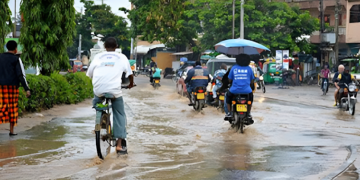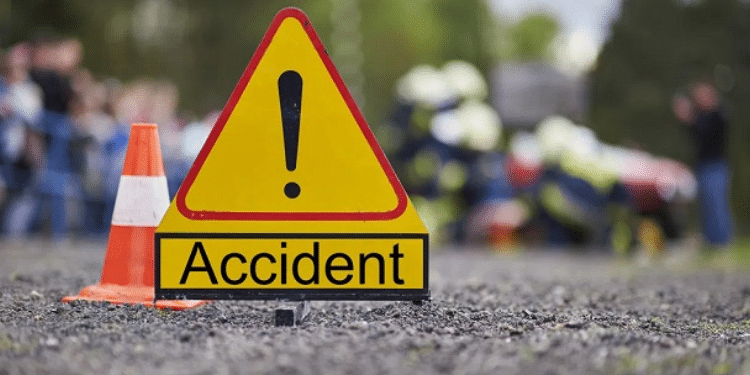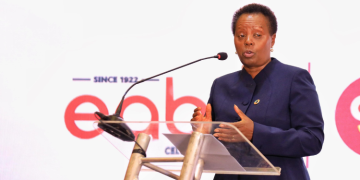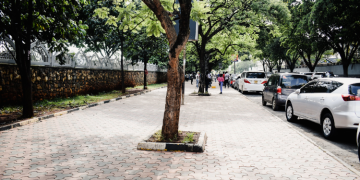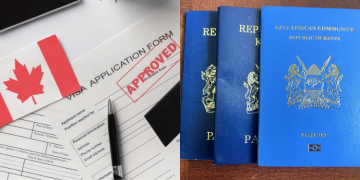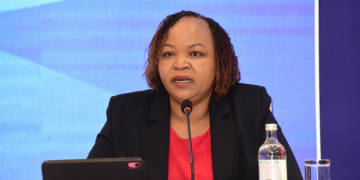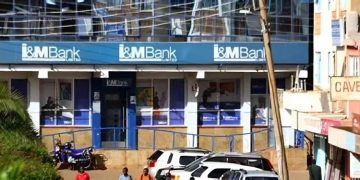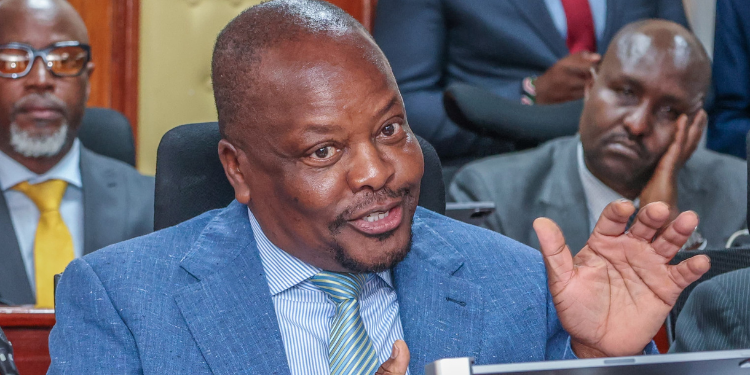Cabinet Secretary (CS) for Agriculture and Livestock, Mutahi Kagwe, has defended the decision to keep the sugar levy at 4%.
On Thursday, October 2, Kagwe appeared before the Senate Committee to explain the purpose and role of the levy in supporting the sustainability of the sugar industry.
“Maintaining the rate at 4% is not about burdening the industry but about aligning resources to the scale and scope of today’s challenges and opportunities,” Kagwe told the committee.
During the session, discussions focused on whether to retain or review the levy, which supports the sector’s sustainability.
Stakeholders present were divided, with some advocating for a rate as low as 1%, while others proposed rates as high as 10%.
This is after a notice from the State Department of Agriculture informed the public that the Sugar Development Levy has been in effect since July 1, 2025.
CS Kagwe Pushes for Retention of 4% Sugar Levy
The Cabinet Secretary explained the importance of maintaining the levy to support key initiatives in the sugar industry, including cane production, factory development, and research.
“This is the least we can do for now. The levy can be reduced in the future, but at present we must consolidate resources to secure the sector’s growth,” he said.
The CS stated that the 4% rate was established following extensive public participation and a Regulatory Impact Assessment, noting that while some stakeholders had advocated for lower rates, the majority supported maintaining the maximum 4% rate as specified in the law.
Also Read: Sugar Prices Set to Rise as Agriculture CS Kagwe Proposes New Levy
Kagwe emphasized that the allocations are crucial at a time when the industry is facing a severe cane shortage, new milling investments in Transmara and Bura, and the urgent need to replace 97% of outdated sugarcane varieties with high-yield, drought- and disease-resistant ones.
He further announced that the government is prepared to work with millers to promote local industrial sugar production, thereby reducing reliance on imports.
The Senate Committee is now expected to consider the Ministry’s submissions alongside stakeholder concerns before deciding whether to uphold or revise the levy.
Also Read: KRA Collects Billions After Slashing Tax Waivers on Sugar, Rice, Oil
About the Sugar Levy
The levy must be paid by all sugar millers and anyone importing sugar.
It is set at 4% of the price for locally produced sugar and 4% of the total cost (including insurance and shipping) for imported sugar.
Payments must be made by the 10th day of the month following the sale of local sugar and by the 10th day of the month following the importation of imported sugar.
Under the Sugar Act 2024, proceeds from the levy are ring-fenced for sector priorities:
- 40% for cane development and productivity
- 15% for factory development and rehabilitation
- 15% for research and training
- 15% for infrastructure development
- 10% for the administration of the Sugar Board
- 5% for farmer organizations
Follow our WhatsApp Channel and X Account for real-time news updates.


